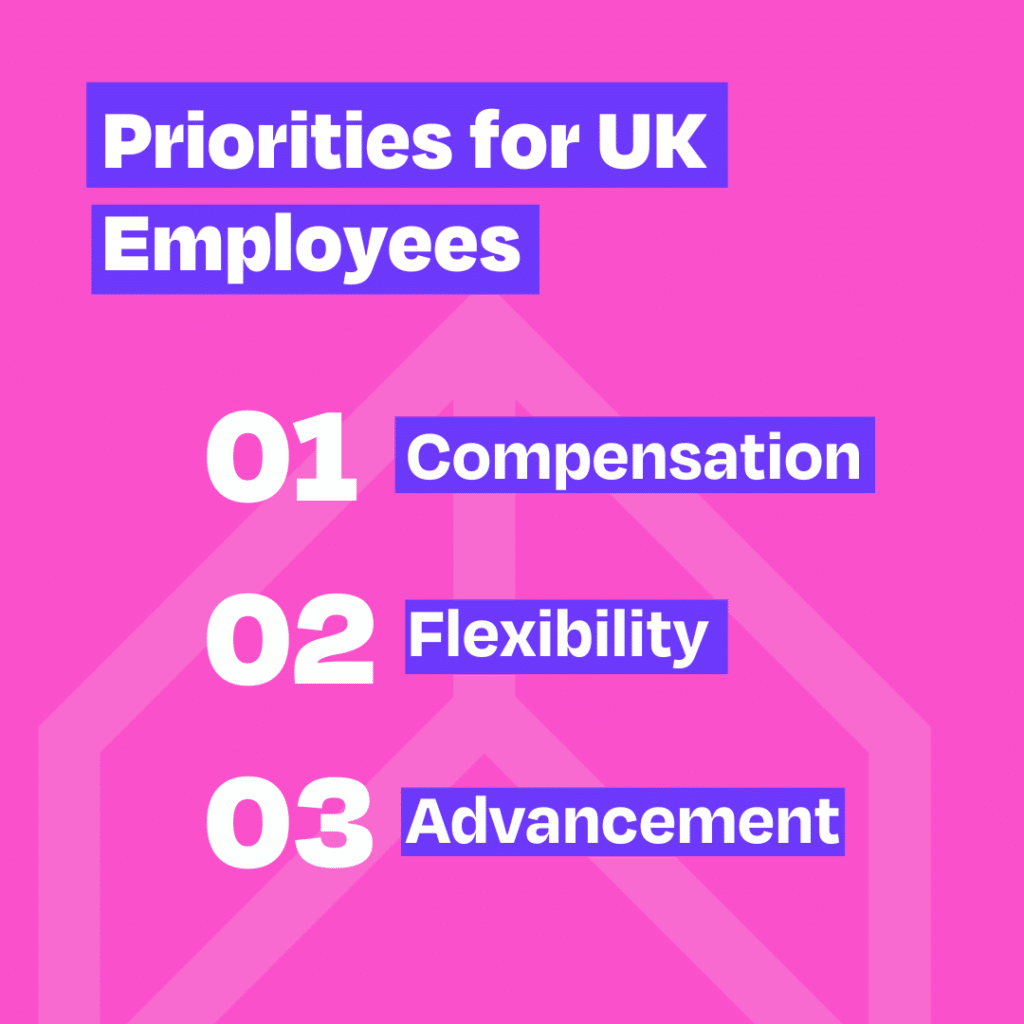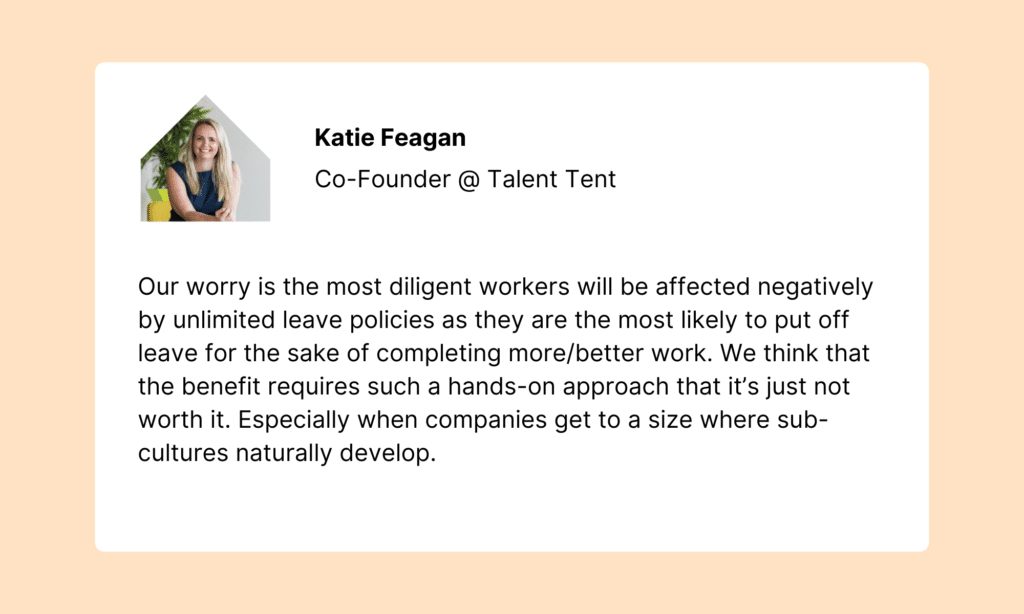In this blog, I reference “Unlimited Leave” and “Unlimited Holidays” interchangeably but both mean the same thing. It refers to an employee benefit of allowing time off without restriction. No set amount of days, caps or caveats. Just as much time off as you want, fully paid.
Would you change your job if it offered unlimited holidays? In an era where flexible working is often conducted remotely, unlimited holidays could offer employees the flexibility to manage their work and personal lives more effectively. It’s a provocative idea, but does the reality live up to the hype? The concept has been around for a while now so we should be able to take an honest look at the pros and cons to really answer, are they worth it? Let’s dive in.
Netflix take the crown in pioneering unlimited holidays into what could be considered “mainstream consciousness” and was first referenced/talked about with regularity back in 2010.
The concept didn’t gain much traction for a few years until Richard Branson adopted the policy for his personal staff in 2014.
Post-Netflix and Branson, a significant number of companies took the bold leap and embraced unlimited holidays. The welcome wasn’t exactly warm from all quarters though and many news publications were quick to highlight potential pitfalls. Criticisms ranged from concerns about misuse to worries about how it would impact team cohesion and productivity (sound familiar cough cough remote work). The flip side, of course, saw others hail it as a major employee benefit and a win for a modern, agile and flexible work culture.
The past few years have seen this debate continue unabated. Advocates for unlimited holidays argue that it fosters trust, increases flexibility, and does miracles for your employer brand. Detractors, on the other hand, point to potential downsides such as employees actually taking fewer vacations, concerns about constant absenteeism, and operational difficulties in certain roles and businesses.
Outside of some of the “big players” there are also some exciting start-ups and scale-ups that are utilising unlimited leave as part of their people strategy. Check them out as they will give you a feel for the cultures and attitudes of companies that unlimited leave tends to resonate with.
So, where does the truth in their impact lie? Does the benefit of unlimited holidays outweigh the potential drawbacks? Let’s look at some data.
We know that flexibility and work-life balance always feature highly in any research that asks what are employee priorities for both staying in a role or looking for a new one. The Global Talent Trend report from Linkedin is both credible and expansive and puts compensation first, followed by work-life balance, then flexibility as the top 3.
Narrowing down to the UK however (taken from the same report) puts the priorities in a slightly different order with compensation first, flexibility second and advancement third.

Could unlimited holidays be part of this desire for more flexibility in when and where people work? It’s a possibility.
Trust and Autonomy: The proponents of unlimited holidays often cite the increased trust and autonomy they foster. Employees feel more valued and respected when they can choose when to take time off. The result? Enhanced job satisfaction, morale, and ultimately, productivity.
Flexibility and Agility: In an era where work is often conducted remotely, and outside traditional working hours, unlimited holidays offer employees the flexibility to manage their work and personal lives more effectively. A natural by-product of this should lead to a reduction in burnout and an increase in job satisfaction.
Employer Branding: Offering unlimited holidays can also bolster an employer’s brand image, making them more attractive to potential recruits. This can be a significant advantage in the increasingly competitive talent market. Imagine being able to answer “How many holiday days do you offer?” with a resounding “As many as you want!”.
We are big fans of the Microsoft Work Trend Index report here at Talent Tent as they often contain great insights into flexible working. Their recent report “Hybrid Work Is Just Work” is no exception. A couple of points from the report that are particularly relevant to this discussion are:
The paradox of Choice: Despite the flexibility, unlimited holidays can often lead to employees taking fewer days off. This paradox is often attributed to a lack of clear guidelines on acceptable usage and fear of appearing less committed to their jobs.
Constant Absenteeism: Critics also fear that some employees might abuse the policy, leading to constant absenteeism which would naturally disrupt team dynamics and productivity. It’s a slightly unfounded fear and one that in reality just doesn’t happen (we are talking anecdotally here).
Operational Challenges: Unlimited holidays can present operational challenges, particularly for smaller businesses and those where team members depend heavily on each other. Covering absent staff can be tricky and, in some cases, impossible.
Culture Management: With the rise of remote work and flexible working, there’s a bit of a ‘seen to be productive’ crisis going on. Some still have this nagging worry that if given half a chance, people would spend more time binge-watching their favourite shows than actually working. We think this is rather untrue, but we can’t ignore that it’s a real perception that needs managing, especially in bigger companies where different work cultures can emerge. If not handled well, it could turn into a culture of suspicion, which is a real downer in any workspace.
Back to the work trend report, there are some stats against;
We don’t really like to sit on the fence with things so just to be clear on our recommendation…

So no, we don’t advocate for unlimited leave policies. We DO however advocate for generous holiday allowances above the bare minimum, company-wide shut-downs (think 2 weeks off over Christmas, a week off in Summer etc.) and bank holidays.
In the words of our Co-Founder, Katie Feagan: “Our worry is the most diligent workers will be affected negatively by unlimited leave policies as they are the most likely to put off leave for the sake of completing more/better work. We think that the benefit requires such a hands-on approach that it’s just not worth it. Especially when companies get to a size where sub-cultures naturally develop”
Is there a definitive global answer to “Are unlimited holidays worth it?” The closest we get is: “It depends.” For some businesses, with the right planning, open dialogue, and comprehensive policy guidelines, the benefits could very well eclipse the drawbacks. But it’s clear that the concept doesn’t suit everyone. Like any policy, it requires an in-depth understanding of the unique circumstances of your business and the needs of your workforce before opting for the unlimited holiday approach.
Whilst we might lean towards caution, the question of whether unlimited holidays are “worth it” truly hinges on the specific circumstances of an organisation and its employees. The concept holds great potential: it can offer desired flexibility, cultivate a trusting work culture, and serve as a talent magnet in a competitive job market. However, its success is predicated on clear communication, thoughtful management, and mutual respect between employers and employees.
Looking forward, consider these points if your business is contemplating unlimited holidays:
Communication: Clearly articulate the intention behind the policy, its expected benefits, and its potential misuse. Transparency builds trust.
Guidelines: Establish guidelines around how the policy can be used without adversely affecting productivity and team cohesion. Try and keep the guidelines soft and few in number where you can. Going overboard with this can make the policy damaging if people feel that they are not trusted.
Monitoring: Regularly review the policy’s effects on team morale, productivity, and employee satisfaction. Data will be your champion and will help protect both your employees and you as a business.
Cost: We have not really talked about the cost of the policy in this article but it’s so difficult to quantify. In theory, it wouldn’t cost you anything because any extra days where someone is not working are made up for by increased productivity on the rest. With that said, you would need to attribute a budget to the surrounding pillars like communication, staff cover and research.
Keep an eye out for our future blogs where we will discuss strategies to successfully implement and manage unlimited holiday policies.
Keen on diving deeper into forming effective people strategies? Reach out to us today. We at Talent Tent can provide the expertise and support you need to attract, retain, and nurture the best talent, in the best way.